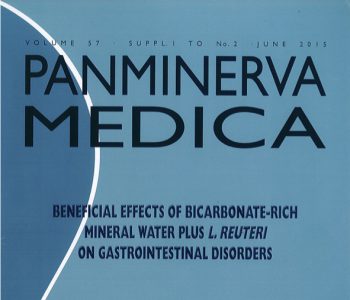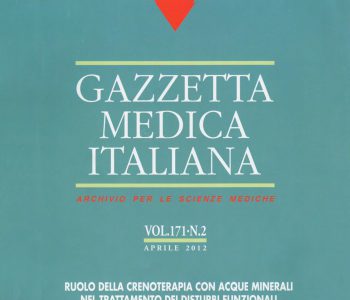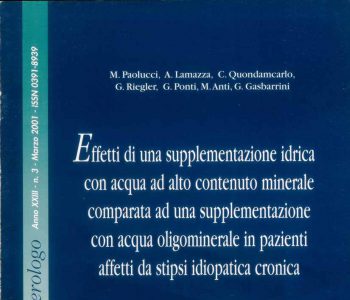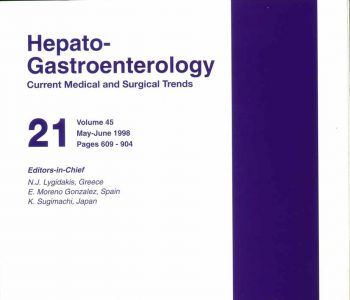Chronic constipation is very common in the general population, especially in women, in its idiopathic form. Most patients respond to simple therapeutic measures aimed at correcting diet and livestyle. Others need more aggressive treatment, including laxatives, psychological therapy and bioteedback. Chronic functional constipation is known to depend on numerous factors, including personality type, psycbological stress, activity levels, drug use and socio-economie conditions. A high-fiber diet is currently the treatment or choice for chronic functional constipation but, in many cases, the positive effects seem to diminish over time, suggesting that colon, somehow, adapts to the increased fiber load. Low fluid intàke is also thought to play an especially important rote, and in clinical practice constipated patients are frequently advised to increase their daily intake or liquids, even though only a few controlled studies have been carried out to demonstrate the efficacy of such measures.
INTERNATIONAL JOURNAL OF SURGICAL SCIENCES – Vol.5, N.3 – M. Anti, E.Lippi, M.Paolucci, G.Gasbarrini – 1998







